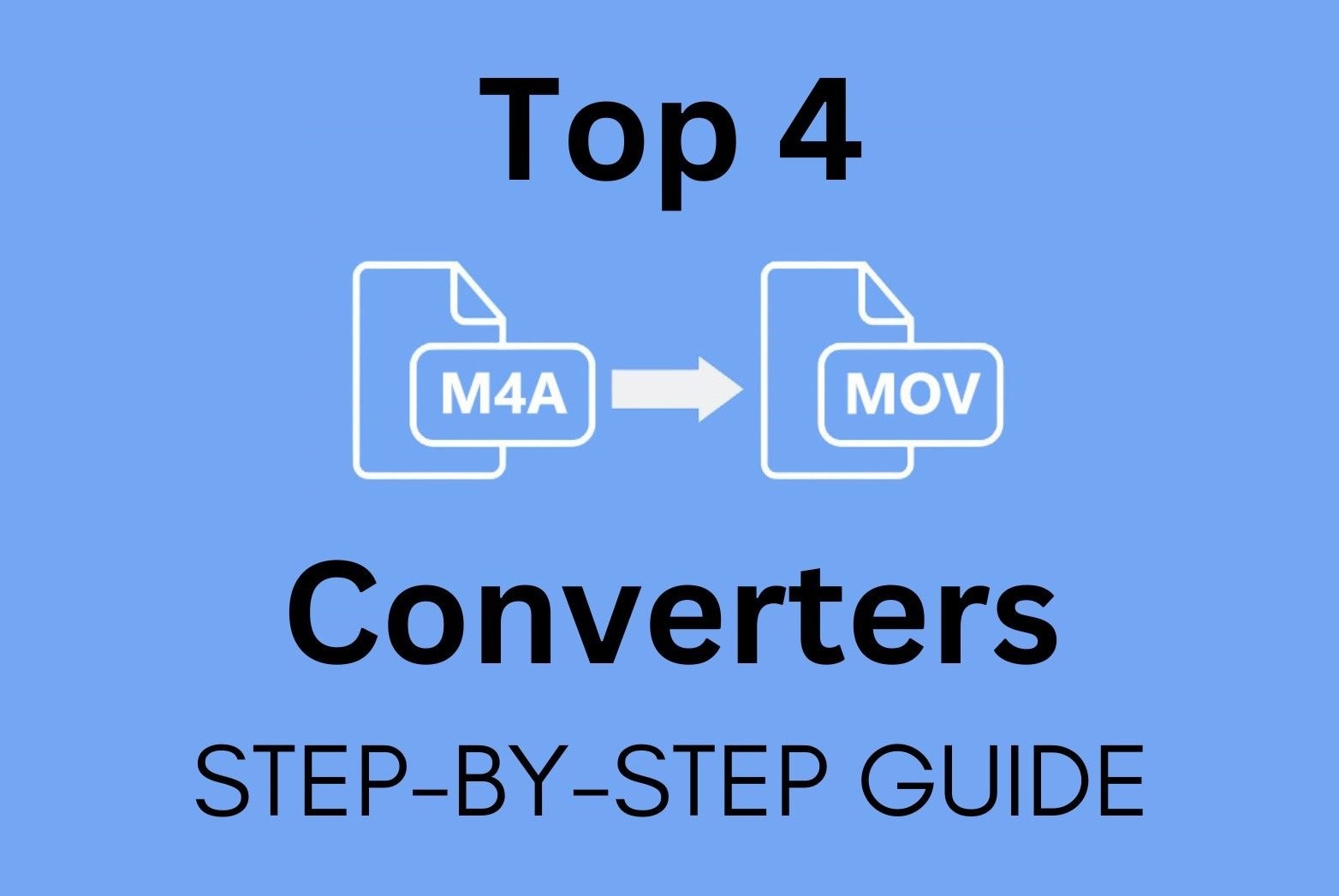What is M4A?
M4A stands for MPEG-4 Audio. It is a digital audio file format primarily used to store audio content like songs, podcasts, and audiobooks. Developed as part of the MPEG-4 standard, it was intended as the successor to the MP3 format.
Core Meaning Explained
The key concepts to understand about M4A are:
- Container Format: M4A is a container format. This means it defines how the audio data and metadata (like artist name, album title) are packaged together, not how the audio itself is compressed.
- Compression Codecs: The actual audio inside an M4A file is compressed using specific codecs. The two most common are:
- AAC (Advanced Audio Coding): The overwhelmingly common codec for M4A. It provides significantly better sound quality at smaller file sizes compared to MP3 at the same bitrate.
- ALAC (Apple Lossless Audio Codec): Used for lossless audio compression within M4A containers, primarily in Apple's ecosystem. File sizes are much larger than AAC.
- Key Identifier: When someone refers to an "M4A file," they almost always mean an MPEG-4 Audio file containing AAC-encoded audio. It's synonymous with the AAC format encapsulated in an MP4 container.
Key Characteristics & Considerations
- High Efficiency: M4A (AAC) offers excellent audio quality relative to file size, making it efficient for storage and streaming.
- DRM Capability: Can support Digital Rights Management (DRM), though most M4A files purchased today are DRM-free.
- Apple Ecosystem: Closely associated with Apple devices and software (iTunes, iPod, iPhone, iPad). Files purchased from the iTunes Store traditionally used the .m4a extension.
- Compatibility: Widely supported on modern devices (smartphones, tablets) and media players. However, native support can be less universal than MP3 on older or specialized hardware/software (especially true for ALAC-based M4A).
- Metadata: Uses MP4 tags for storing rich information about the audio content.
- Lossless Option: While AAC is lossy, the ALAC variant provides lossless audio within the M4A container.
M4A vs. MP3 Quick Comparison
- Superior Quality/Size Ratio: M4A (AAC) generally sounds better than MP3 at the same bitrate.
- Modern Standard: M4A/AAC is the successor technology to MP3.
- Container: M4A is a container format; MP3 combines both the container and compression scheme.
Why Knowing M4A Matters
Understanding M4A helps you choose appropriate audio formats for different needs. Its efficiency makes it ideal for personal music libraries, device storage, and online streaming services.













